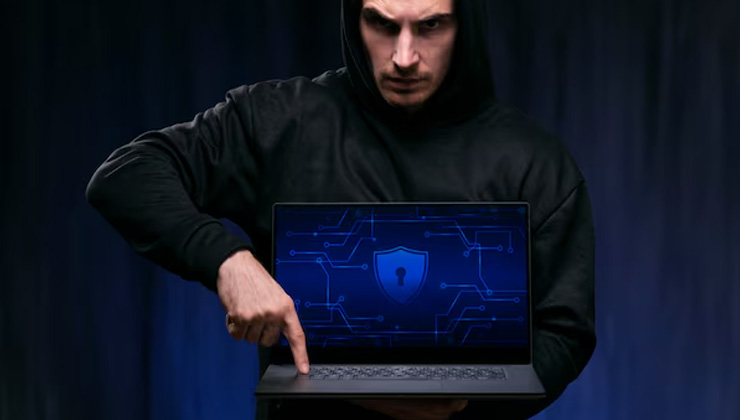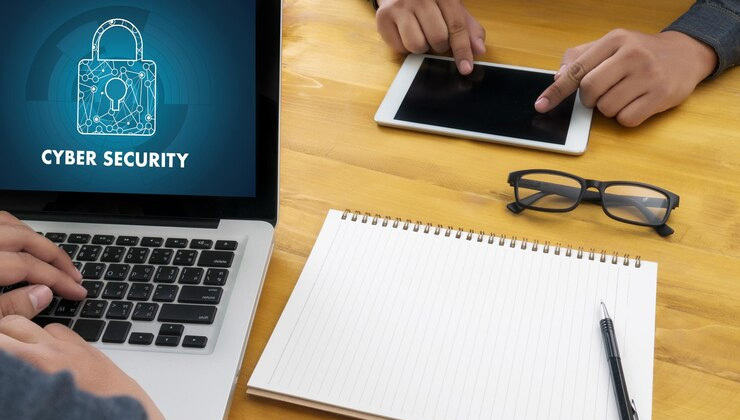
In today's digital age, our personal data is everywhere-stored in apps, websites, cloud services, and even on smart devices in our homes. While these technologies offer convenience and connectivity, they also create new opportunities for cyber threats. From identity theft to financial fraud, the consequences of data breaches can be severe. This is why cybersecurity is more important than ever; it's not just about protecting information, but safeguarding our identities, finances, and even our privacy.
Think about the information you share online: passwords, credit card numbers, addresses, medical information, and more. Each of these pieces of data is valuable and, in the wrong hands, can be used to steal your identity or access your accounts. Cybercriminals exploit this data for profit, and with each passing year, their methods become more sophisticated. A single breach at a major company can expose the information of millions of people, and the effects can be devastating for those affected. This makes cybersecurity a shared responsibility-not just for businesses, but for individuals too.

The range of cyber threats targeting personal data is vast, but a few common types are worth understanding:

While cyber threats may seem intimidating, there are practical steps you can take to protect your personal data:

Cybersecurity is not just the responsibility of large organizations-it's something we all need to be aware of. While companies can invest in firewalls, encryption, and other protections, individuals play a crucial role by practicing good online habits. Every time we take a step to secure our own devices and data, we're contributing to a safer digital environment.
As cyber threats evolve, so must our approach to security. Staying vigilant, informed, and proactive about cybersecurity helps ensure that our personal data remains private and secure in an increasingly interconnected world.
In an era where so much of our lives is online, safeguarding our data is a form of self- defense. By prioritizing cybersecurity, we're protecting not only our information but also our peace of mind.
Consumers Guide membership grants you early bird access to the latest tech gadgets on the market, as well as huge discounts that aren't available to anyone else. Sign up below to receive all the latest deals on tech gadgets that are ideal as gifts for any occasion, before they're available to the mass market. Membership of Consumers Guide is completely free - no strings attached! Once you sign up, you will occasionally receive newsletters sent to your inbox with all the latest and greatest gadget discounts and deals - you also can unsubscribe at any time. To join for free, simply enter your e-mail below and click "Subscribe":